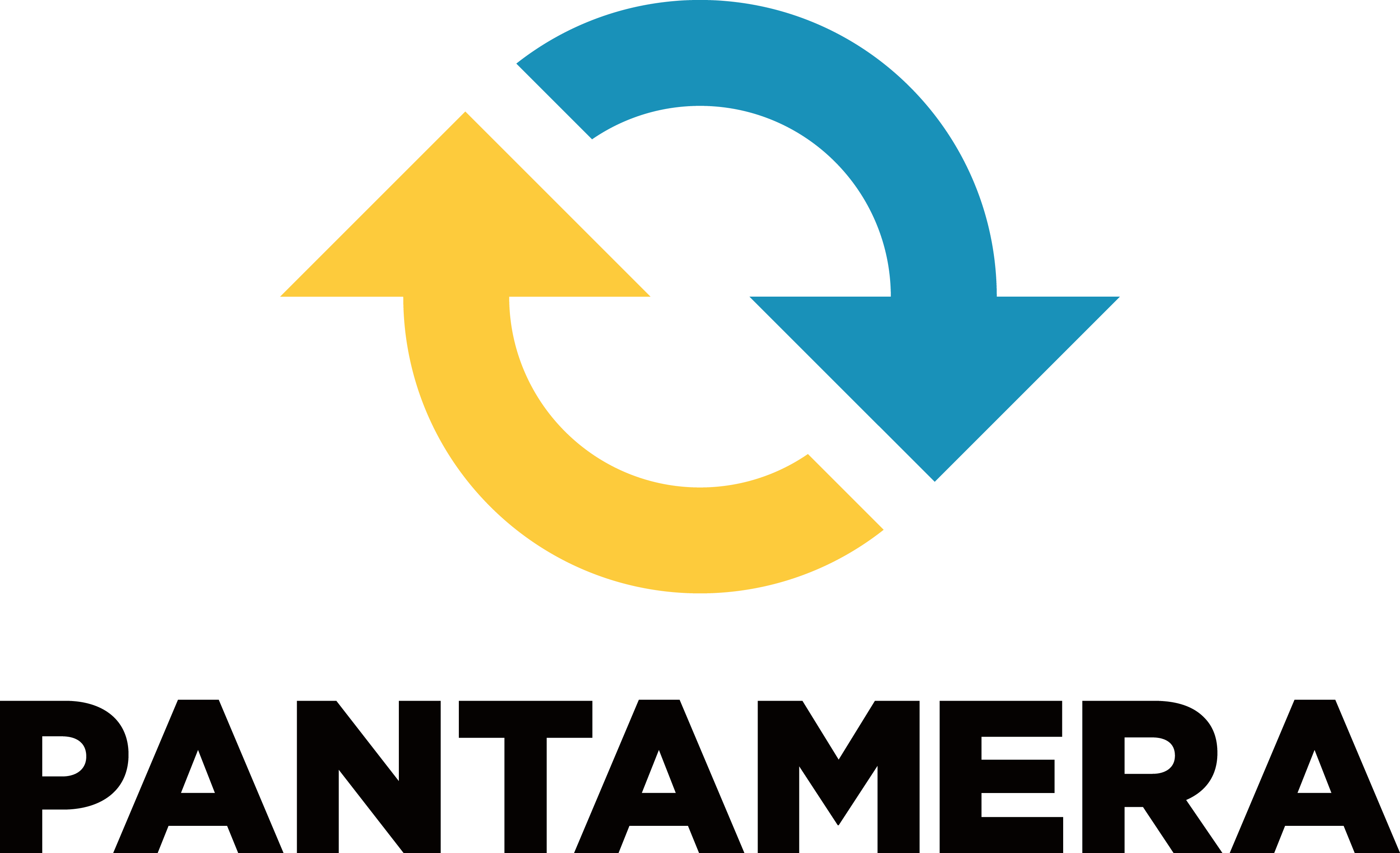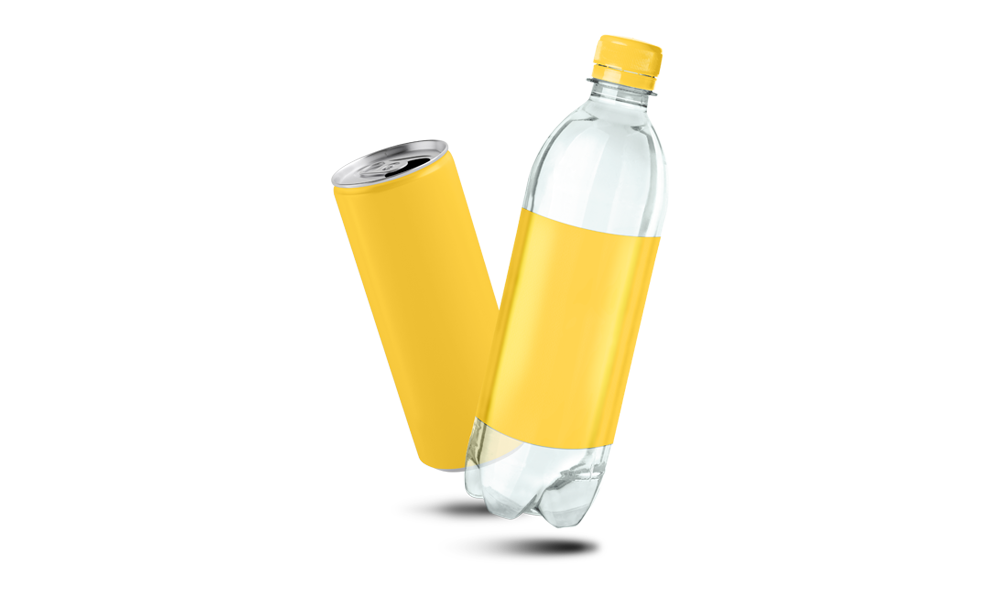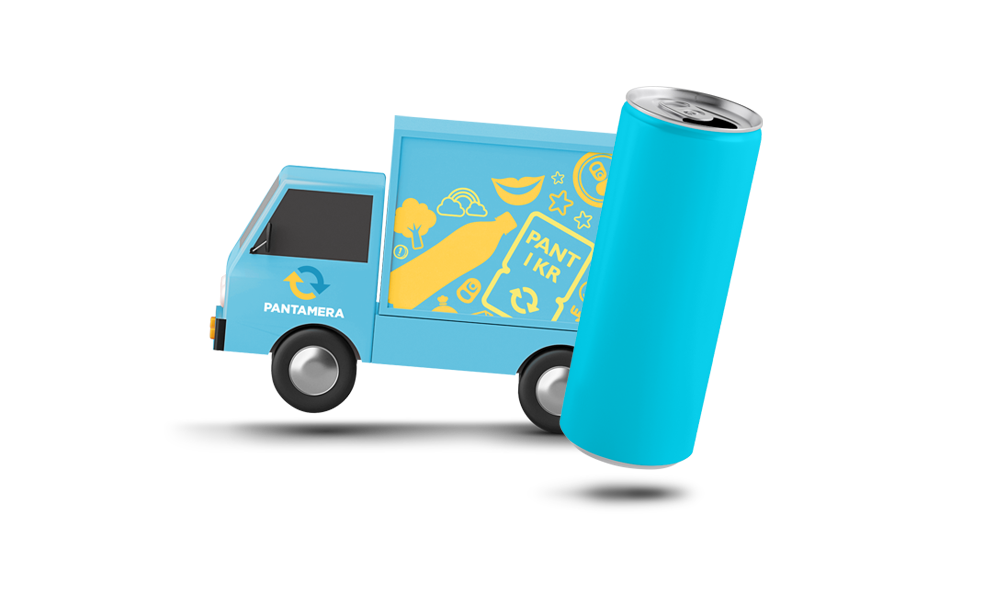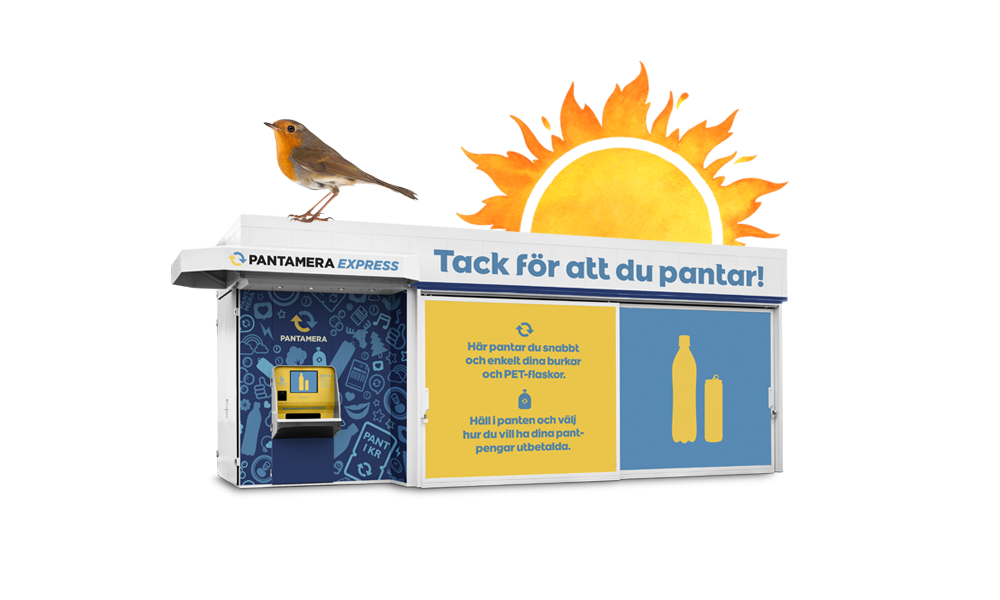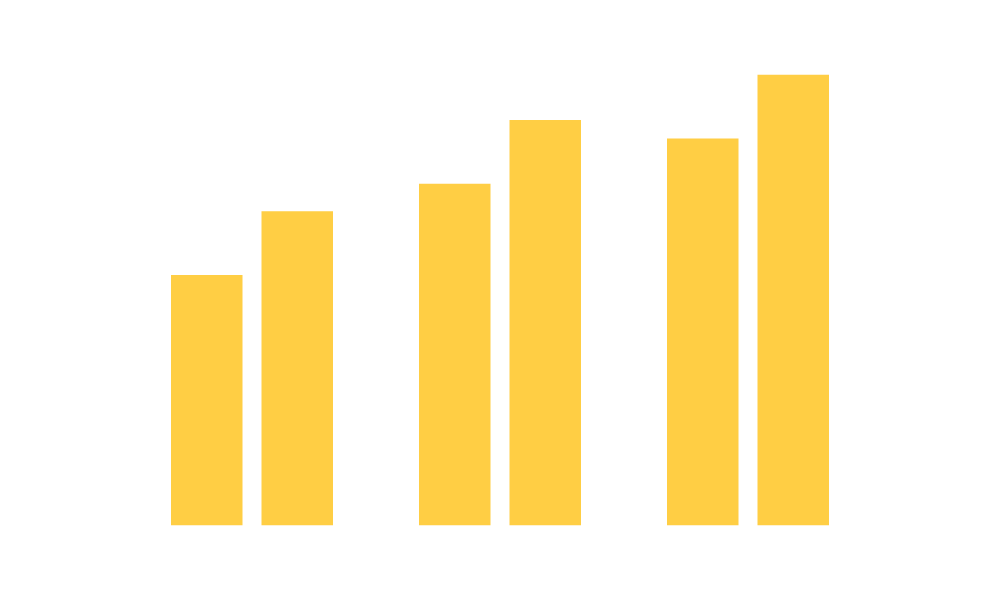High demands placed on new packaging
Each new beverage package has to be checked and approved before it can be included in our deposit system. We have had a record number of newcomers this year – as many as 3,000 items in the first eleven months of the year. Microbreweries account for a large proportion of the increase, although the deposit system has also been affected by new legal requirements.
When a producer or a beverage importer wants to sell a new product on the Swedish market, they contact Returpack.
“We start by checking that the packaging looks okay, by reviewing documentation and sometimes pictures. When this is complete, it is sent to us for a final assessment,” says Cornelia Milton, Quality Engineer at Returpack.
Many different tests
The material used in the packaging is tested, for instance, as well as how it should be compacted and recycled. The packaging is carefully measured and weighed to ensure that it works in all types of vending machines. It is important for the label and the bottle to work together throughout the process, and for the adhesive that is used to be approved. The actual barcode must be visible and legible in all vending machines, and it must be clear to the consumer that it is a deposit package. It is also important to take a closer look at the colour of the plastic bottle. The clear and light blue ones can be used to make new bottles. Those that are coloured are recycled to make other plastic products.
High standards produce better materials
“We have three weeks of processing time to assess a new item. We usually test cans on the same day we get them in, but it usually takes a little longer to test bottles. Adhesive tests for the labels take a little more time, for example. We take care of everything here at Returpack, unless the packaging has an unusual shape that needs to be sent on to the machine supplier,” says Cornelia Milton.
At Returpack, the requirements for packaging recycling are often higher than the standard in the rest of Europe. There are high requirements for us to be able to maintain the quality of the material and continue to use it as packaging for food.
“If we lower these requirements in general, we will lose quality. This could result in the material no longer being able to go back and be turned into new beverage bottles, which is the best option for the environment. If we lower the requirements so much that the quality deteriorates and is contaminated, approval for use with foodstuffs may also be difficult to maintain.
Returpack also performs random checks to ensure that all products already registered in the deposit system still meet all the material requirements.
Deficiencies in the packaging
In the case of PET bottles, the adhesive on the label is a common issue. Returpack has now tightened up the requirements relating to adhesives in consultation with the PET recyclers. The requirement means that the adhesive must be washable in 65°C water and that it must not become sticky after the washing process.
“We tightened up the requirements to ensure that adhesive and label residues are completely removed from the PET material during the washing process when recycling. Other important aspects also include reducing the environmental impact of recycling and safeguarding the process equipment. Otherwise, labels, adhesive and flakes of PET become trapped in pipes and other equipment, clogging up the system at the PET recyclers. The cans usually experience problems with the barcode, and some bottles can sometimes be too hard to compact in the machine.
New laws
One reason for there being more and more items in the deposit system is the increase in the number of microbreweries, and the fact that they have chosen to switch from glass to cans. They do not produce particularly large volumes, but they often register new products.
The work at Returpack is also affected by new legal requirements. Last year, efforts were focused on packaging for fruit syrup and juice being included in the deposit system. In 2029, it will be time to register dairy products. Cornelia Milton is positive about this, and sees no obstacles to material recycling working well.
Right now, the focus is on lids that remain attached. In July 2024, all lids must remain attached to the plastic bottles. Returpack is testing to ensure that this works in the reverse vending machines and during recycling.
“The lid must not hang down so far that it can get caught or interfere with the reading process. The fastening device needs to be made of the same material as the lid, and it must not be moulded together with the bottle. Everything has to work. We have already carried out tests with the major producers, but I can imagine that many smaller producers and importers will want to test their packaging during the spring,” says Cornelia Milton.
